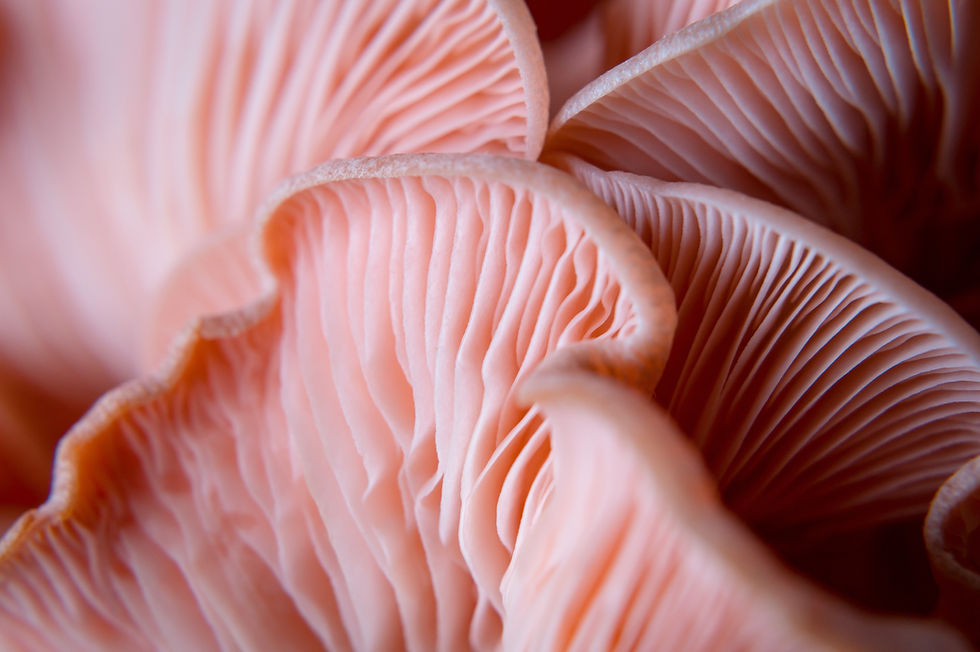The Perimenopause Survival Guide: How to Balance Your Hormones & Feel Amazing
- sophieprager
- Feb 23
- 2 min read

Perimenopause isn’t just a '40s problem'—here’s what you need to know
If you’ve been feeling ‘off’ lately—more fatigued, moody, struggling with stubborn weight gain or unpredictable periods—you’re not alone. Many women assume perimenopause begins in their late 40s, but the truth is, it can start as early as your mid-30s. And the earlier you understand what’s happening in your body, the better you can support yourself through it.
What is Perimenopause?
Perimenopause is the transitional phase before menopause, where your hormones—especially oestrogen and progesterone—start to fluctuate. This can last anywhere from a few years to over a decade. While menopause officially begins when you haven’t had a period for 12 months, perimenopause is the real hormonal rollercoaster that comes before it.
Early Signs of Perimenopause
You don’t need to be skipping periods to be in perimenopause.
Some of the earliest signs include:
✔️ More intense PMS or mood swings
✔️ Increased anxiety or irritability
✔️ Poor sleep or waking up at 3 AM regularly
✔️ Weight gain (especially around the midsection)
✔️ Brain fog or forgetfulness
✔️ More painful, heavier, or irregular periods
✔️ Reduced libido or vaginal dryness
✔️ Energy crashes or sugar cravings
If any of these sound familiar, your hormones may already be shifting. But don’t panic—perimenopause isn’t something to fear. With the right approach, you can feel better than ever.
How to Thrive Through Perimenopause
1. Support Your Progesterone Levels
Progesterone is one of the first hormones to decline in perimenopause, leading to anxiety, sleep issues, and mood swings. You can naturally support progesterone by:
Managing stress (high cortisol blocks progesterone production!)
Eating magnesium-rich foods (like dark chocolate, leafy greens, and pumpkin seeds)
Prioritizing sleep and reducing evening screen time
2. Balance Blood Sugar for More Energy & Less Weight Gain
Blood sugar swings are common in perimenopause and can contribute to weight gain, energy crashes, and mood instability. Try:
Eating protein and healthy fats at every meal
Avoiding ultra-processed carbs and sugary snacks
Strength training to improve insulin sensitivity
3. Reduce Oestrogen Dominance (The Root Cause of Heavy, Painful Periods)
When progesterone drops, oestrogen can become dominant—leading to bloating, painful periods, and hormonal headaches. Support oestrogen detox by:
Eating cruciferous vegetables (broccoli, cauliflower, cabbage)
Drinking plenty of filtered water to flush toxins
Supporting gut health (a healthy microbiome helps clear excess oestrogen!)
4. Prioritize Sleep & Restorative Movement
Poor sleep makes perimenopause symptoms worse. If you’re waking up at 3 AM, focus on:
A magnesium or glycine supplement before bed
Keeping a consistent bedtime routine
Swapping HIIT workouts for strength training and walking
5. Optimize Your Nutrients for Brain & Hormone Health
Women in perimenopause need more of certain key nutrients, including:
Omega-3s (for brain health and inflammation support)
Vitamin D (for mood, bone health, and immunity)
B vitamins (for energy and neurotransmitter support)
You Don’t Have to Struggle Through This Alone
Perimenopause can feel confusing, but knowledge is power. The sooner you start supporting your hormones, the smoother the transition will be. If you’re feeling stuck, I offer 1:1 hormone consults to help you create a personalized plan for your body.
Ready?





Comments